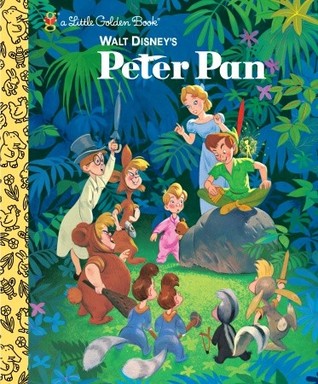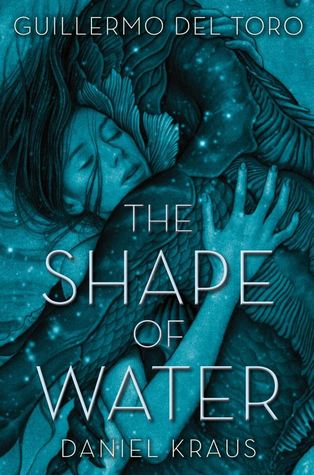 |
| via Pinterest |
Now it’s time to put a spin on this Book to Screen Debate and get into novelizations. Yes, you heard me right. I told you (in part 2) I’d be talking about books based on movies (that discussion about movies I liked better than the book comes next time).
Most people have seen a novelization several times in their life without realizing what they were seeing. To give it a name, makes it stand out, but they are quite common. Before I explain just how common they are, let me first state that there are 3 kinds of novelizations…Yeah, who knew?
1) There is the first-in-print edition of a novel based solely on the premise of a theatrical release.
2) There is the novel based on a movie that was originally based on a: comic book, play, video game, etc…
3) There is the novel and screenplay collaboration that totally comes down to which one gets released first.
 |
| via Goodreads.com |
Now, back to how common novelizations really are. Another word for this is a tie-in. Some books based on movies aren’t novels (so they can’t be novelizations) but they are tie-ins for these stories. Think about all those Disney movies that later released book versions so children can relive the experience at home without re-watching the whole movie. Those are tie-ins.
Now, shame on me for not doing better research on the matter, but look it up and tell me if I’m wrong. Novelizations were huge before TV came along. I have a few books based on old movies that I found at a thrift store and knew right away what they were. If you think about it, before TV came along to re-air movies or produce TV adaptations of them, the only way people could relive those theatrical moments was through book versions of the movies.
I don’t think this is as popular today as it once was, but it still happens. My favorite examples of this are the plethora of Star Wars books. These are all based, in one way or another, on a movie. The whole world of Star Wars was created for film, not TV, comic books, or novels, yet you can now enjoy Star Wars in all these forms.
There are novelizations for all kinds of movies, such as: Alien, some of the James Bond stories were written for film and later adapted instead of the other way around, and A League of Extraordinary Gentlemen, which went from a comic book to a film to a novel.
 |
| via Goodreads.com |
My latest novelization obsession is The Shape of Water. Yeah, that’s the Oscar Winner directed by Guillermo del Toro… But wait. He also co-wrote the script with a man named Daniel Kraus. Many people either loved or hated this film. I think I loved it, but mostly I’m fascinated by its story. The film version is mostly influenced by del Toro, but the novelization, also co-written by Kraus and del Toro, is said to be more of Kraus’s take on the story. It’s the same story but has different perspectives, different motivations, and perhaps more; I don’t know. I haven’t read the book yet, but I’m looking forward to it.
-
I’ll be back on June 27th to finally talk about the movies I enjoyed more than the book. Be sure to come back to tell me what movies you liked better and drop your jaw at the ones I picked. The Book to Screen Debate continues...
Find out more about me, my work, and my inspiration at the following links:
#book2screen, bookvsmovie,
COMMENTS




